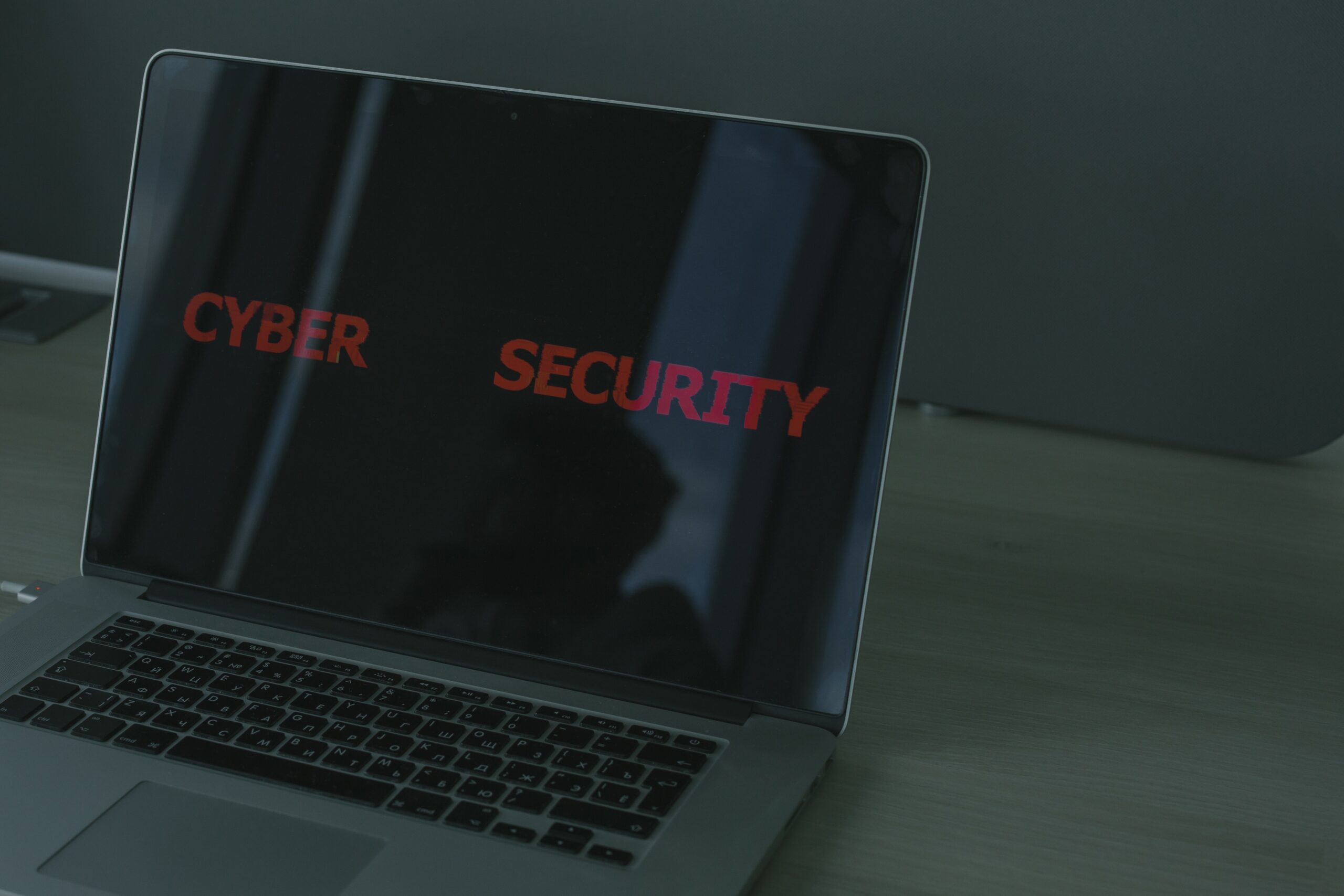In the digital age, all businesses are susceptible to cyber threats, and it is crucial to prioritize cybersecurity to safeguard sensitive data and protect against potential breaches. Cyber threats can range from data breaches to malware attacks and can have devastating consequences for a business, including financial losses, reputational damage, and even legal liabilities. As the number of cyber threats continues to rise, it’s more important than ever for businesses to prioritize cybersecurity and take proactive measures to protect themselves. In this comprehensive guide, we will explore the different types of cyber threats that businesses may face, the potential consequences of a cyberattack, and best practices for protecting your business from cyber threats.
Understand the Cyber Threat Landscape:
The ever-evolving technological landscape has brought about unprecedented convenience and efficiency in the way we conduct business. However, it has also given rise to a new set of challenges, with cyber threats being one of the most significant. Cyber threats, such as malware, phishing attacks, ransomware, and data breaches, pose a severe risk to businesses of all sizes, with potentially devastating consequences. Therefore, it is crucial for businesses to understand the cyber threat landscape and take proactive measures to protect their sensitive information, intellectual property, and reputation.
The first step in protecting your business from cyber threats is to understand the types of threats that exist. Malware, an abbreviation of malicious software, refers to software intentionally designed to damage computer systems, networks, or devices. Phishing attacks involve tricking individuals into divulging sensitive information, such as login credentials or credit card details, by posing as a trustworthy source. Ransomware is a form of malware that encrypts a victim’s data and requires payment for the decryption key. These are just a few examples of the many cyber threats that businesses face today.
To protect against these threats, businesses must have a comprehensive understanding of the threat landscape and stay up-to-date with the latest threats and security trends. This can involve conducting regular security audits, staying informed on industry news and developments, and investing in the latest cybersecurity tools and technologies. By understanding the cyber threat landscape, businesses can better prepare themselves to defend against these threats and safeguard their assets.
Educate Your Employees:
Educating your employees is crucial in protecting your business from cyber threats. Even the most sophisticated cybersecurity measures cannot fully protect your organization if your employees are not trained to recognize and avoid potential threats.
To start, you can provide your employees with basic cybersecurity training, including how to create strong passwords, identify phishing scams, and avoid downloading malicious software. Additionally, you can implement regular security awareness training to keep employees informed and up-to-date on the latest cyber threats and best practices.
It is also important to establish security protocols for accessing and handling sensitive data. This includes implementing multi-factor authentication, restricting access to confidential information on a need-to-know basis, and encrypting data both in transit and at rest. By establishing these protocols, you can reduce the risk of unauthorized access and data breaches.
Implement Cybersecurity Measures:
Cybersecurity measures are crucial to protecting your business from cyber threats. As cyberattacks become more frequent and advanced, it is crucial for businesses to be proactive in protecting their sensitive data and systems. One essential step for protection is implementing cybersecurity for business.
There are various cybersecurity measures that businesses can take to mitigate the risk of cyber threats. One such measure is implementing firewalls. Firewalls are network security systems that monitor and filter incoming and outgoing network traffic based on predefined security rules. They act as a barrier between your internal network and the outside world, blocking unauthorized access and preventing malicious traffic from entering your network.
Another critical cybersecurity measure is using antivirus software. Antivirus software is designed to detect and remove malicious software, such as viruses, worms, and Trojan horses. It scans your computer and detects any potentially harmful programs, files, or activities. By installing and updating antivirus software, businesses can protect their systems from malware attacks.
Develop an Incident Response Plan:
Developing an incident response plan is an important part of protecting your business from cyber threats. This plan should be a comprehensive and well-documented strategy that outlines the steps to take in the event of a cyberattack. The incident response plan should be tailored to your business’s specific needs and should include key stakeholders and decision-makers.
The incident response plan should include guidelines for identifying and containing the threat, as well as steps for restoring data and systems. This may include backup and recovery procedures, as well as procedures for contacting law enforcement, legal counsel, and public relations professionals.
It’s important to test and update your incident response plan regularly to ensure that it remains effective and relevant. This may include conducting regular tabletop exercises or simulations to test the plan’s effectiveness and identify any areas for improvement.
Having a well-developed incident response plan in place can help minimize the impact of a cyberattack on your business and ensure that you are able to recover quickly and effectively.

Work with a Cybersecurity Expert:
Working with a cybersecurity expert or consulting firm can provide your business with invaluable knowledge and resources to enhance your cybersecurity defenses. Cybersecurity experts have extensive knowledge and experience in the field and can provide a comprehensive assessment of your business’s current cybersecurity posture. They can identify vulnerabilities and potential threats and develop a customized cybersecurity strategy that addresses your business’s specific needs.
Furthermore, cybersecurity experts can provide ongoing monitoring and management of your cybersecurity measures, ensuring that they remain effective against the latest threats and evolving attack techniques. They can also provide employee training to help your staff stay up-to-date with the latest cybersecurity best practices and keep your business’s information secure.
Choosing the right cybersecurity expert or consulting firm can be a daunting task, but there are several factors to consider when making your selection. Look for a firm that has a strong reputation in the industry, with a proven track record of providing effective cybersecurity solutions to businesses similar to yours. Consider their experience, qualifications, and certifications, as well as their ability to work collaboratively with your business.
Backup Your Data:
Regular data backups are essential for protecting your business from data loss due to cyber threats. By backing up your data, you can restore your systems and data in the event of a cyberattack, minimizing the impact on your business.
In conclusion, protecting your business from cyber threats is essential in today’s digital age. By assessing your cybersecurity risks, implementing strong password policies, securing your network, educating employees, backing up data regularly, and partnering with a cybersecurity expert, businesses can significantly reduce their risk of a cyberattack. Remember, prevention is key when it comes to cybersecurity, so don’t wait until it’s too late to protect your business.

